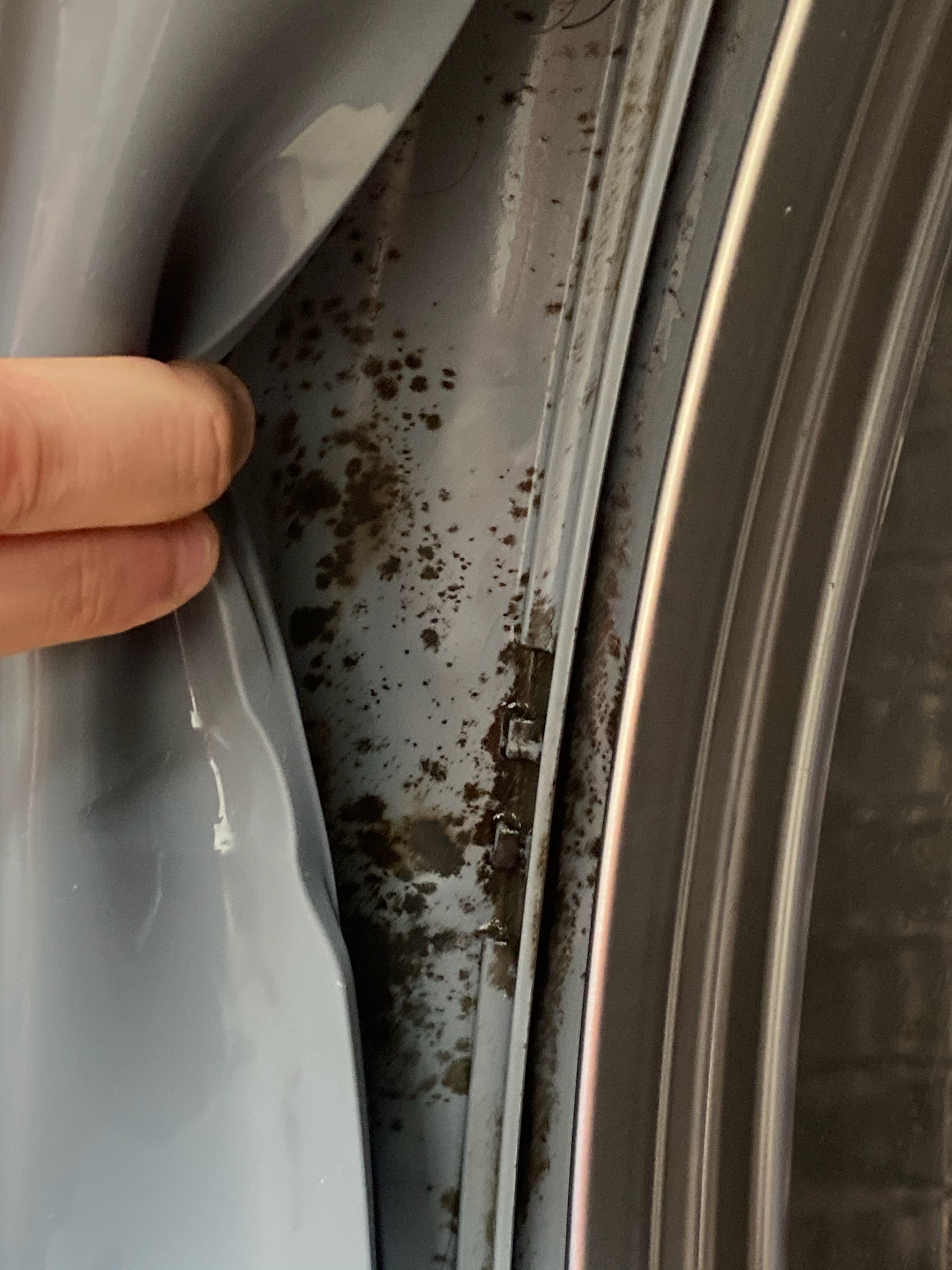No products in the cart.
Mold & Household Appliances
by Michael Rubino // April 19
by Michael Rubino // April 19
The Moldy Appliance Checklist
Most people don’t realize that household appliances are often a bastion of mold growth. Damp concealed conditions on some of these appliances can easily foster mold growth. I put together a list of some of the more common household appliances that can see mold growth.
HVAC – Your heating, ventilation and air conditioning (HVAC) system is the lungs of your home, circulating air throughout your home. Mold can quickly grow on the AC coil since it provides a constant source of moisture in order to cool our homes. Unfortunately, having mold in your HVAC can quickly escalate to larger mold issues throughout your home.
Coffee Maker – Did you ever notice that your coffee doesn’t taste quite as good as it did originally. There’s a reason for that. Your coffee maker is an environment that is both warm and damp, creating a perfect breeding ground for mold and bacteria. notably mold and bacteria.
The gaskets inside the machine, while they’re amazing at delivering a closed loop system of fresh hot coffee, they can trap moisture leading to unwanted mold growth. It’s highly recommended that you examine the inside of your machine and disinfect it.
Washing Machine – Front loading washing machines have become very popular in the past decade. While they do a great job at cleaning your clothes, they also bring a very unwanted guest with them – mold!
After you’re done with your laundry, it’s very important to leave the door of the machine open and dry it out. There’s a rubber gasket on the front of the machine that prevents water from leaking out during a wash. If you leave the door closed after running the machine, the water there never gets a chance to dry out, and you can quickly have mold growth.
Dishwasher – Be sure to check around rubber seal gasket on your dishwasher. Mold is very common there. The same holds true for your…
Refrigerator – Check the gaskets around door. If you check behind them you may be surprised to find mold there.
Bonus Tip
Lift the lid of your toilet tank. If you see mold on the lid or in the tank, it’s a very indicative sign that you may have mold growth in your home.
If you think you may have additional mold in your home, we highly recommend you have a professional mold inspection performed by a licensed hygienist. Below are our mold inspector partners that we recommend to our clients.

A member of our team is here to help! Click on “Get Started ➤” below to book a consultation with a member of the HOMECLEANSE team. We have a few quick questions that will help us put together a roadmap to solve or prevent all of your mold problems.
Two minutes of your time could lead to better health for you and your family.